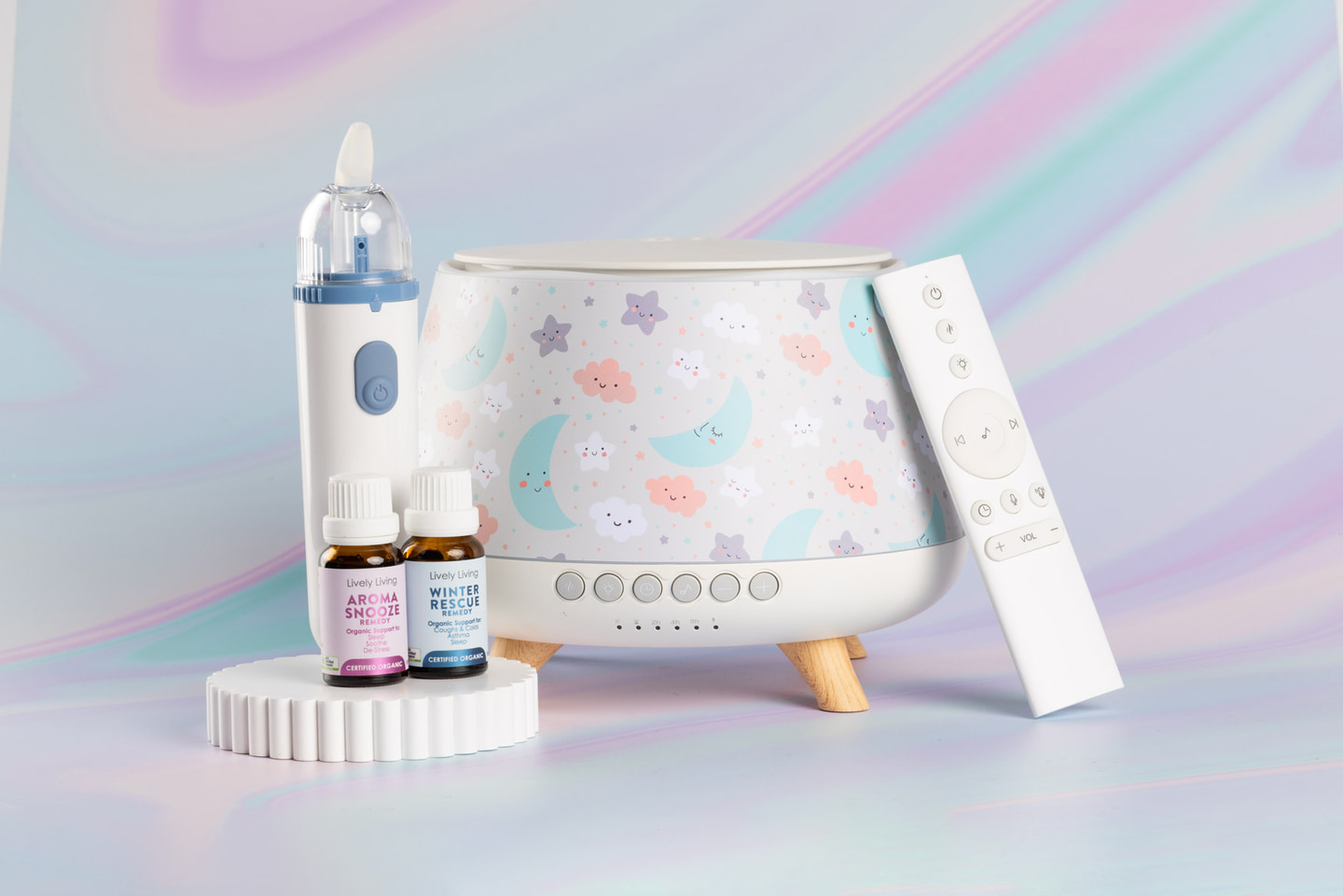Does a Humidifier Help with a Snotty Nose?
A stuffy, snotty nose can make you or your child miserable. So, does a humidifier help with a snotty nose? It's a common question, and we'll cover everything you need to know about humidifiers, nasal congestion, and runny nose symptom relief.
Table Of Contents:
- Does a Humidifier Help with a Snotty Nose?
- Choosing and Using a Humidifier Safely
- FAQs about Does a Humidifier Help with a Snotty Nose
- Conclusion
Does a Humidifier Help with a Snotty Nose?
Humidifiers add moisture to the air. This can thin the mucus in your nasal passages, making it easier to clear your nose and breathe. Dry air can irritate nasal passages, worsening a snotty nose. A humidifier can alleviate this dryness.
Understanding Snot and Congestion
Snot is mucus, your body’s defense against germs and irritants. When you’re sick or have allergies, your body produces excess mucus. This can lead to a snotty nose, also known as having a runny nose, and congestion.
Thick mucus is difficult to clear, causing stuffiness. Nasal congestion happens when nasal passage tissues swell and become inflamed. This inflammation can cause plugged ears, a related symptom that a humidifier can sometimes relieve.
How Humidifiers Can Help with Cold Symptoms
Humidifiers increase the air's moisture content. This added moisture thins the mucus, making it easier to drain and providing relief from cold symptoms. Thinner mucus is easier to clear. This can alleviate stuffiness and improve breathing.
Cool-mist humidifiers, recommended by the Mayo Clinic, might offer relief from coughing and congestion related to the common cold.
Different Types of Humidifiers
Several types of humidifiers exist, each with advantages and disadvantages:
- Cool-mist ultrasonic humidifiers: These are generally safer for children and adults as there is no risk of burns. They create a fine mist through vibrations. These can often be paired with essential oils. It is important to use pure organic essential oils.
- Warm-mist humidifiers: These might be more soothing for some adults but must be kept away from children, and overall are warned against by the medical profession. Warm-mist humidifiers may help with effective cough remedy though are mostly large and bulky, holding litres of water which is turned into steam and the excess warm moisture in the room creates, mould, bacteria and germs, keeping you in a viscous cycle of sickness and snotty noses.
Choosing and Using a Humidifier Safely
Humidifier quality varies. Proper selection and maintenance are crucial. Be sure to practice good hand-washing tips and understand the connection between heated humidified air and the reduction of mucus thickness before deciding whether a humidifier is right for your health conditions.
| Factor | Description |
|---|---|
| Size | Lively Livings Aroma-Haven and Safe Air Purifier, humidify an entire house. Large size, portable units like the Aroma-Snooze cover individual rooms. |
| Clean | Regularly cleaning your humidifier avoids bacteria and mold growth. Regularly clean with a soluyion of white vinegar and water on a cycle. |
| Water | Tap water is the best choice for ultrasonic humidifiers. |
| Filters | Whilst some brands may have costly filters, Lively Living's range does not need any filters at all, removing this on going expense, |
Ideal Humidity Level for a Snotty Nose
Maintaining optimal humidity maximizes a humidifier’s benefit for sinus relief. The Environmental Protection Agency (EPA) recommends 30-50% humidity for air quality.
Humidity above 50% risks mold and bacterial growth. The best portable humidifiers offer humidity control settings. You can manage symptoms of a runny nose, congestion, and even watery eyes.
FAQs about Does a Humidifier Help with a Snotty Nose
Does a humidifier help with snotty nose?
Yes, a humidifier can help. It adds moisture, thinning mucus for easier clearing. This eases congestion and breathing. Regular cleaning prevents bacteria and mold.
When should you not use a humidifier?
Avoid humidifiers if you can’t clean them regularly. This can spread microorganisms. If humidity worsens symptoms or triggers asthma or allergies, don’t use one. Keep humidity between 30-50% to discourage mold. Use tap water as it is the best choice for ultrasonic diffusers. andv wont increase phlegm or contribute to mineral buildup.
Is humidity bad for a stuffy nose?
Humidity can help, but too much can worsen congestion. Excess humidity, especially heated humidifiers encourages dust mites and mold. These can further irritate nasal passages.
Can sleeping with a humidifier loosen secretions?
Yes, it can loosen secretions by keeping the air moist, preventing nasal passages from drying. This eases congestion and breathing upon waking.
Using steam vaporizers also increase humidity in the room though is generally not safe., There are many cautions around cleaning heated vaporisers as well.
Conclusion
So, does a humidifier help with a snotty nose? Yes. It helps manage cold and allergy congestion by thinning mucus and soothing airways. Responsible use, with regular cleaning and correct humidity, maximizes benefits. Using plain tap water is best.
Always consuly a doctor or medical professional if symptons persist.
By implementing these suggestions, individuals managing health concerns like a runny nose symptom and nasal cleaning practices can utilize humidifiers safely to effectively ease coughing. and snotty noses.






















